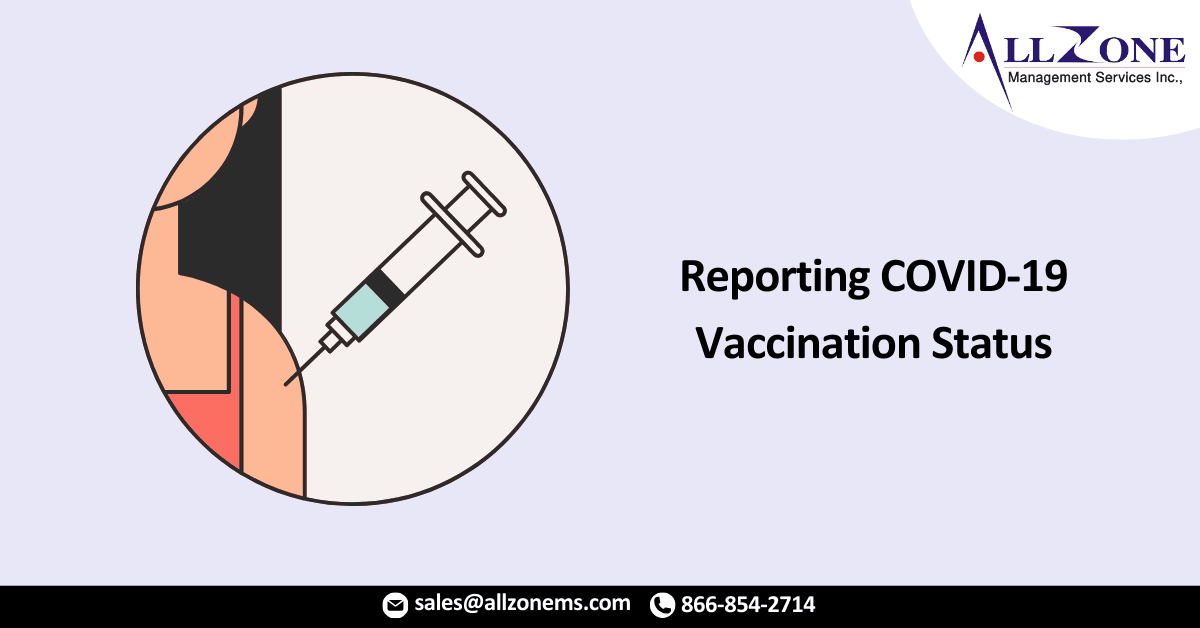Three new diagnosis codes for reporting COVID-19 vaccination status will go into effect April 1, 2022. The codes were presented by the National Center for Health Statistics (NCHS) at the Sept. 14-15, ICD-10 Coordination and Maintenance Committee meeting, so they are not listed in the 2022 ICD-10-CM code book.
The new ICD-10-CM codes for reporting COVID-19 vaccination status are:
Z28.310 Unvaccinated for COVID-19
Z28.311 Partially vaccinated for COVID-19
Z28.39 Other underimmunization status
The ICD-10 Medicare Code Editor Version 39.1 will include these codes in its edits to validate correct coding on claims for discharges on or after April 1, 2022.
Tabular Modifications
In the Tabular List of the 2022 ICD-10-CM code set, these new codes will be added under new subcategory Z28.31:
Z28 Immunization not carried out and underimmunization status
Z28.3 Underimmunization status
(NEW) Z28.31 Underimmunization for COVID-19 status
The new Z codes are for tracking purposes only. For people who are not immunized or only partially immunized, “this is a significant modifiable risk factor for morbidity and mortality, and of interest for clinical reasons, as well as of value for public health,” the NCHS states in the Sept. 14-15, Committee meeting topic packet.
COVID-19 Stats
Between Jan. 1, 2020, and Nov. 13, 2021, the NCHS reports 765,332 COVID-19-related deaths in the United States. Texas has the highest rate of occurrence at 77,300 deaths and Vermont has the lowest occurrence rate at 351 deaths.
As of Nov. 18, the Centers for Disease Control and Prevention (CDC) reports that approximately 195.6 million people, or roughly 59 percent of the U.S. population, are fully vaccinated in the United States and 31.5 million have received a booster dose.
Vaccine Mandate
Under a new interim final rule with comment period (IFC), certain healthcare workers and staff must be inoculated with the first dose of COVID-19 vaccine by Dec. 6.
The Omnibus COVID-19 Health Care Staff Vaccination, published in the Nov. 5 Federal Register, requires Medicare and Medicaid-certified providers and suppliers to vaccinate all workers except those with legitimate exemptions. Applicable entities must also track and document workers’ vaccination statuses and exemptions. The mandate does not directly apply to healthcare entities that are not regulated by the Centers for Medicare & Medicaid Services (CMS) such as physician offices. However, CMS states in the IFC, “entities not covered by this rule may still be subject to their State or Federal COVID-19 vaccination requirements, such as those issued by Occupational Safety and Health Administration (OSHA) for certain employers.”
Effective Nov. 5, OSHA issued an emergency temporary standard (ETS) for protecting workers of large employers from COVID-19.
The ETA requires covered employers with more than 100 workers to develop, implement, and enforce a mandatory COVID-19 vaccination policy. Alternatively, employers can adopt a policy requiring employees to either get vaccinated or undergo weekly testing and wear a face mask at work. The OSHA ETS also requires employers to determine the vaccination status of each employee, obtain acceptable proof of vaccination status, and maintain records and a roster of each employee’s vaccination status.
HIPAA Concerns
The vaccine mandate creates a lot of questions for employers such as if they are responsible for the legitimacy of their employees’ vaccine status. “The price of fake COVID-19 vaccine cards and the number of vendors selling them have shot up since President Joe Biden announced his vaccine mandate plan,” reports Jenni Bergal (PEW, Sept. 16, 2021). The new ICD-10-CM codes may be a way of legitimizing vaccination claims, but this brings up other concerns.
For example, is asking employees of their vaccination status a violation of the HIPAA Privacy Rule? “No,” states the Department for Health and Human Services (HHS) in a guidance material. “The Privacy Rule does not apply to employment records, including employment records held by covered entities or business associates in their capacity as employers.”
In fact, a covered entity or business associate may require their employees to sign a HIPAA authorization permitting a healthcare provider to disclose their employees’ COVID-19 or varicella vaccination records, according to HHS.
Covered entities and business associates are, however, responsible for protecting the privacy of that health information.
For More Information: 82697 reporting covid 19 vaccination status in 2022

